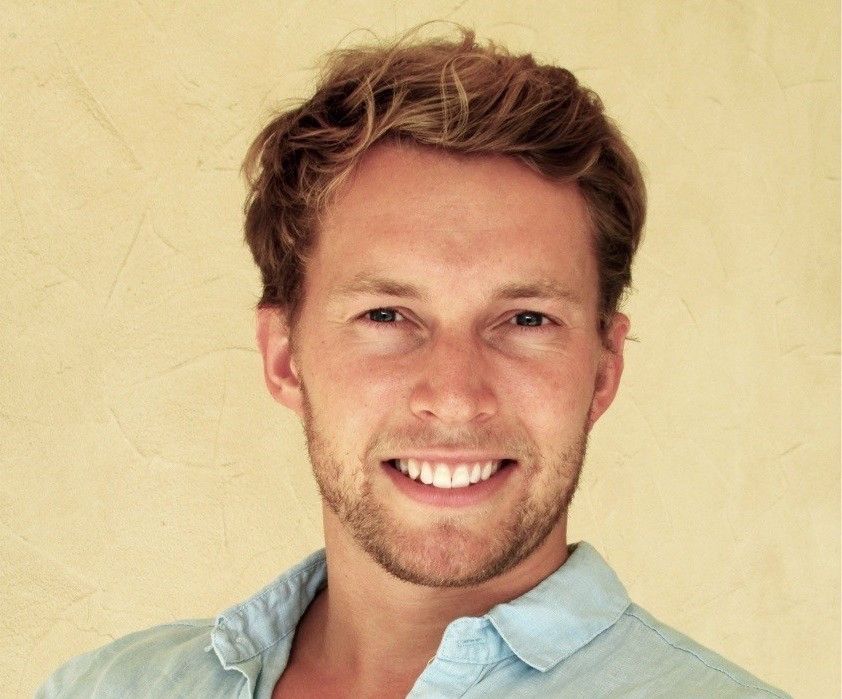NOW Money offers banking alternatives for Mena's unbanked

According to the World Bank, in the Arab world stretching from Muscat to Casablanca, only eight per cent of adults belonged to the banked population in 2018. As many as 69 per cent of adults remain unbanked in the region, said the report.
Countries with the highest gross domestic product (GDP) per capita have significant underbanked rates, such as those in the GCC. This is mainly due to the large expatriate population working in these countries with low and middle-income salaries.
In the UAE, in particular, around 80 per cent of the population is outside the current financial system, due to a lack of suitable bank accounts, insurance policies, credit cards and loan options.
While many of the region’s banks have begun to evolve from conventional banks into wider financial services providers, there is still much work to be done in terms of financial inclusivity.
In a clear nod to the fact that regional financial inclusion has direct bearing on the socio-economic development of its citizens, the Council of Arab Central Banks officially declared April 27 as the ‘Arab Day of Financial Inclusion’ in 2018.
According to Ian Dillon, co-founder of NOW Money, a Dubai-based financial technology group, while 70 per cent of the UAE population doesn’t earn enough to meet the minimum salary level required to open a traditional bank account, most do make monthly remittances overseas.
Founded four years ago, NOW Money launched with the aim of opening up financial services for low-income workers in the Gulf, such as labourers, taxi drivers, cleaners and hotel staff.
“The UAE remittance market is over $30 billion annually, the third largest in the world. Importantly, 98 per cent of this population owns a smartphone, being their only lifeline to family back home,” says Dillon.
Utilising a smartphone app, NOW Money offers access to competitive exchange rates. It also provides access to the broader financial system via a debit card for store and online purchases — such as mobile phone top-ups — as well as cash machines.
Since launching in April 2019, NOW Money now has more than 20 employers deposit salaries directly into the accounts of more than 4000 employees.
“Traditional banks make money through deposits and lending, which is why they avoid low income customers; they tend to withdraw funds in cash as soon as they’re paid, and don't have ability to take large lending products,” says Dillon.
“Knowing there was a captive, tech-savvy unbanked market with a reliable remittance behaviour pattern gave us the idea for NOW Money – an app-based account and remittance marketplace for the up to five million low income migrant workers in the UAE and 25 million across the GCC countries,” he says.
Dillon says the biggest challenge for anybody wanting to do something new in payments, particularly in an emerging market, is a lack of understanding.
“We’ve had to blaze our own trail; there has been no path to follow,” he says.
According to Dillon, the Middle East is beginning to embrace startup culture to make it easier for others to follow, which is a positive first step. “We’re really happy to have been a part of the process which enables the UAE economy to grow with new businesses, innovations and technologies,” he says.
“With a growing ecosystem support of fintech companies offering the unbanked population a digital infrastructure for financial services such as insurance, online remittance and low lending rates that are vital tools of survival, the region is slowly boosting its capabilities and know-how in supporting financial inclusion.”
Unfazed by the enormity of the task of promoting financial inclusion across the region, Dillon says he plans to take NOW Money across the region.
“Expansion across the Gulf excites us… there is so much opportunity, especially in Saudi Arabia and Bahrain. The product may differ a little for each market depending on requirement and appetite, but we are already establishing partnerships in these markets to allow us to launch in early 2020.”

“The Middle East Exchange” in partnership with Mohammed Bin Rashid Al Maktoum Global Initiatives and the Bill & Melinda Gates Foundation, provides a unique global platform to help frame and stimulate regional and global debate on the vital development issues shaping Arab societies.


